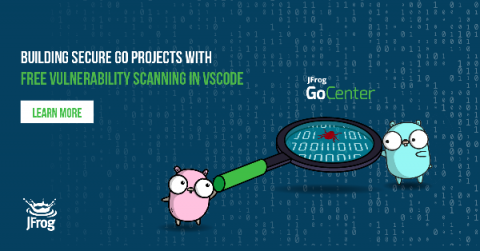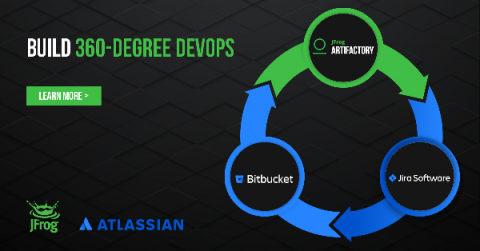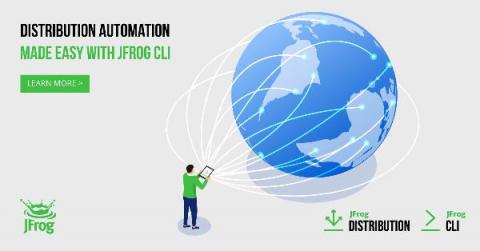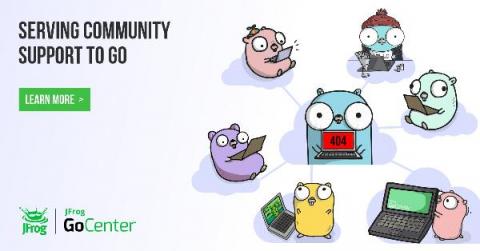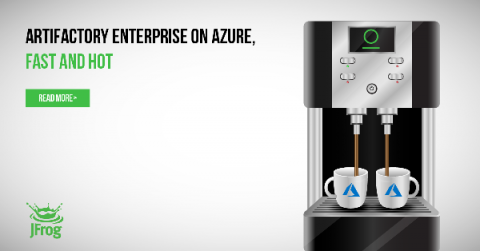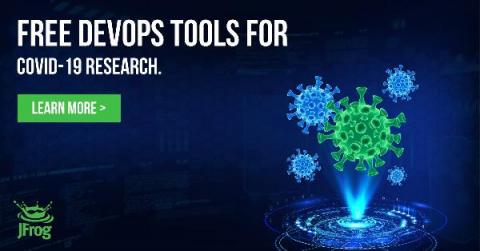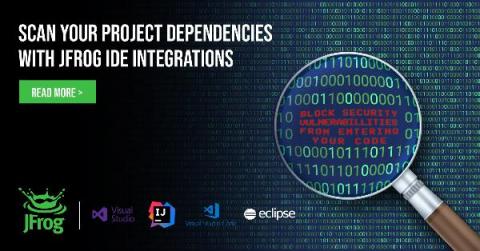Free Go Module Vulnerability Scanning in Visual Studio Code
If you’re a Golang developer using Visual Studio Code, keeping at-risk Go Modules out of your apps just got easier, and for free. Today we’re announcing a new version of the JFrog extension for VS Code, available for free download. This integration brings live vulnerability information about every public Go Module you’re using directly into your source editor from the rich metadata of JFrog GoCenter.


